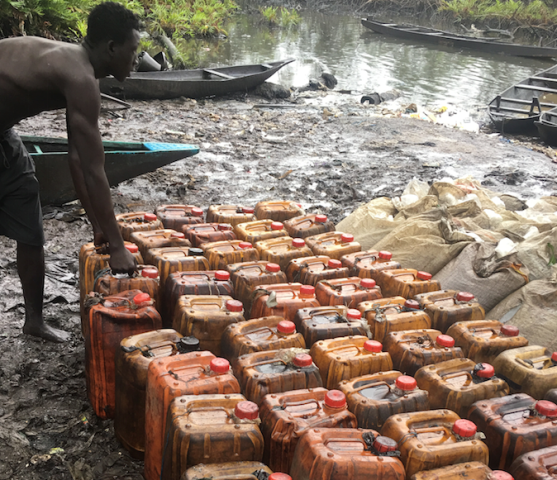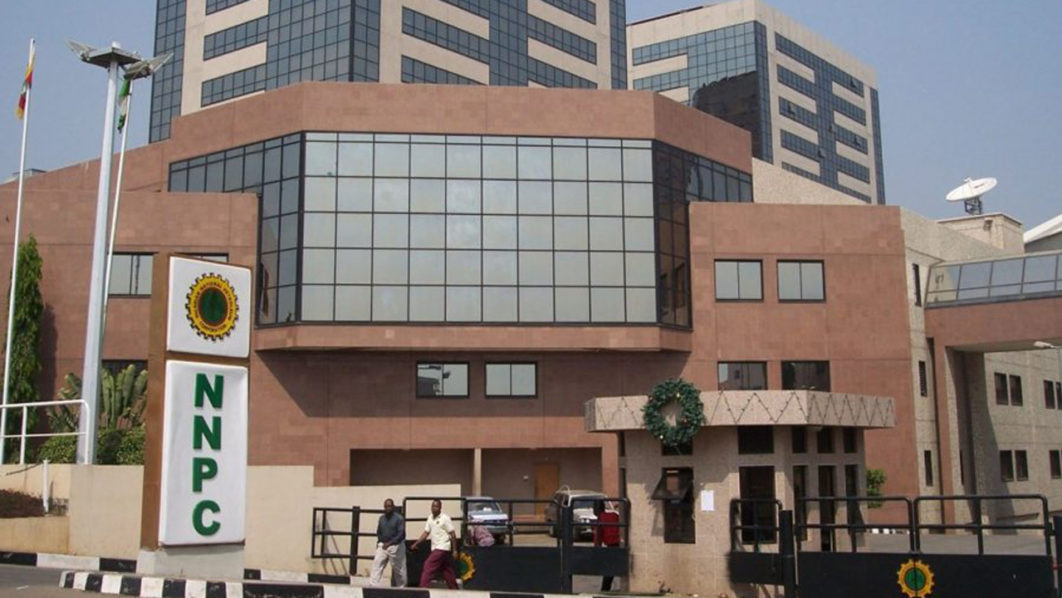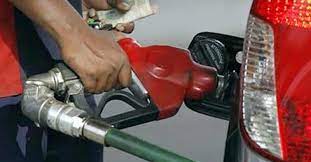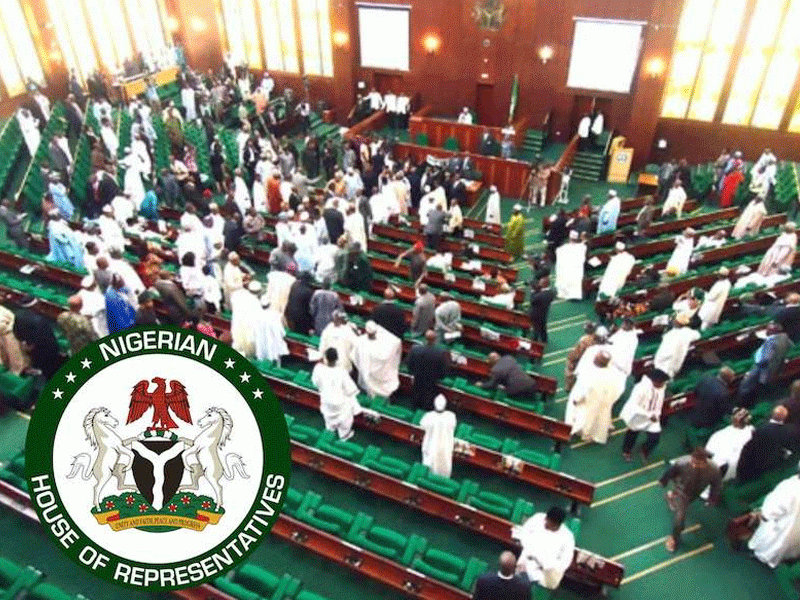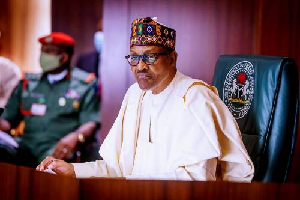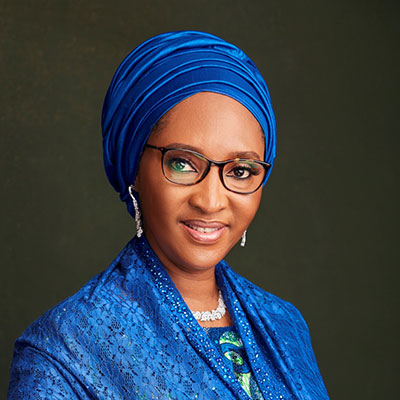Elder statesman and Ijaw leader, Chief Edwin Clark has said that crude oil theft in Nigeria has been going on for much longer, for about 50 years, contrary to the position held by the Nigerian National Petroleum Company Limited (NNPCL).
TheNewsGuru.com (TNG) reports that Chief Clark made this disclosure at a news conference on Monday in Abuja, describing crude oil theft as a criminal act and calling on the federal government to institute a judicial inquiry to investigate oil theft in the country.
He said that the investigation to the matter must be full, open and comprehensive if there was sincerity to unravel what was going on.
The elder statesman said: “My attention and that of the entire country have been drawn to the recent discovery of a large scale and sophisticated oil theft machinery going on at the deep swamps at Yokri, close to the Forcados terminal in Delta.
“According to reports, high powered technological engineering expertise is applied to steal crude oil from the Forcados line.
“This is transported through a four-kilometre pipeline to a platform in the sea, which belongs to the Nigerian National Petroleum Company Limited (NNPCL), and its partners.”
Clark further cited the report saying that about 200 hundred barrels of crude oil were been stolen from there every day, and that this has been going on since 2014.
“According to NNPCL, this is part of the 470 thousand barrels of crude oil that is being lost every month, amounting to 700 million Dollars.
“Although, the NNPCL thinks these have been going on in the past 20 years, some of us have always insisted that this oil theft has been going on for much longer, for about 50 years.”
He said that the illicit four kilometers pipeline through which crude oil was being siphoned indicated that oil theft was being perpetuated by some mafia-like groups, with the connivance of some people in the oil industry.
“What is going on is a sophisticated criminal act, carried out by a syndicate,” he said.
Clark further said that the investigation must uncover all government officials including top officials of the NNPCL and their collaborators, who had inflicted such magnitude of harm on the country, and on the Niger Delta communities.
“It is dangerously incredible that crude oil theft, in spite all the securities around, has assumed wider dimension to the extent that the quantity of crude oil we export today is less than the quantity being stolen by a gang of thieves of various designations.”


